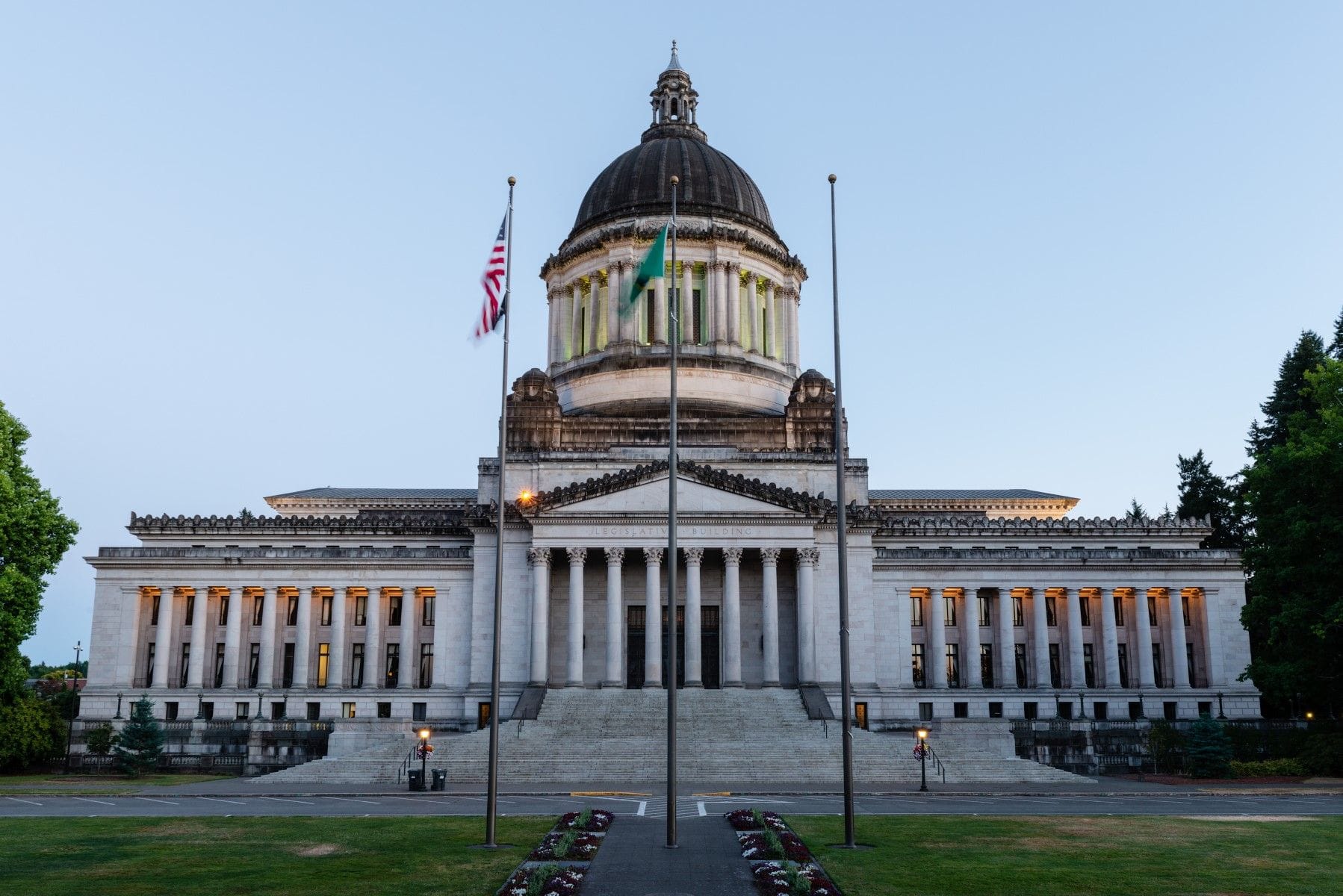Washington Expert Witness Disclosure Requirements
Washington requires timely expert witness disclosures to ensure fair trials, emphasizing detailed information and a continuing duty to supplement when necessary.
Updated on
In this article
When Are Expert Witness Disclosures Required in Washington?
In Washington, expert witness disclosures are a critical component of the pre-trial process, governed by both state-specific rules and local court mandates. The timing of these disclosures is pivotal to ensure transparency and fairness in legal proceedings. Under Washington Superior Court Civil Rule 26(b)(5)(A), parties must disclose the identity of any expert witnesses they intend to call at trial. Initial expert disclosures are generally required at least 90 days before the trial date. However, this timeline can vary depending on case-specific scheduling orders issued by the court.
Supplemental disclosures are equally important and must be made in a timely manner as new information becomes available. In Washington, parties have a duty to update their expert witness disclosures promptly, especially if the expert’s opinions or the basis for those opinions change. This ongoing obligation ensures that all parties have the opportunity to prepare adequately for trial, reducing the likelihood of surprise and facilitating the efficient resolution of disputes.
Information That Must Be Included in the Disclosure
Washington's rules on expert witness disclosures demand a comprehensive overview of the expert's anticipated testimony. According to Washington Superior Court Civil Rule 26(b)(5)(A)(i), the disclosure must include:
- Expert Qualifications: A detailed resume or curriculum vitae outlining the expert's educational background, professional experience, and any relevant certifications.
- Expert Opinions: A summary of the expert's expected testimony, including the opinions they will present at trial.
- Basis for Opinions: A description of the facts, data, and methodologies utilized by the expert in forming their opinions.
- Data Considered: All documents, tests, and other materials reviewed by the expert in developing their testimony.
- Fee Structure: Information regarding compensation arrangements, including hourly rates and total fees charged for the expert's services.
- Prior Testimony: A record of any previous testimony given by the expert in similar cases over the past four years.
These requirements are designed to provide a clear picture of the expert's role and the foundation of their opinions, allowing opposing parties to conduct effective cross-examinations and prepare rebuttals.
Supplementing and Amending Expert Disclosures
The duty to supplement or amend expert disclosures in Washington is crucial for maintaining the integrity of the legal process. Under Washington Superior Court Civil Rule 26(e), parties must update their disclosures if they learn that any part of the information disclosed is incomplete or incorrect in a way that is material to the case. This duty extends to situations where new evidence emerges or where the expert's opinions evolve as a result of ongoing research or analysis.
Failure to appropriately supplement disclosures can lead to significant consequences. Courts may impose sanctions, including the exclusion of the expert's testimony, if a party does not fulfill its obligation to update the information in a timely manner. Therefore, legal practitioners must remain vigilant in monitoring any developments that could impact their expert disclosures.
Consequences of Failing to Properly Disclose an Expert
The repercussions of failing to properly disclose an expert witness in Washington can be severe. Courts have the discretion to exclude expert testimony if the disclosure requirements are not met, as demonstrated in the case of Jones v. City of Seattle, 179 Wn.2d 322 (2013). In this case, the Washington Supreme Court emphasized the importance of adhering to disclosure rules to prevent unfair surprise and to promote the orderly administration of justice.
In addition to exclusion, parties may face motions to [strike experts or other sanctions, such as monetary penalties or adverse inference instructions. These consequences underscore the critical nature of compliance with disclosure requirements, as they can significantly impact the outcome of a case and the overall litigation strategy.
State-Specific Rules and Key Considerations
Washington's approach to expert witness disclosures, while aligned with the Federal Rules of Civil Procedure (FRCP) in many respects, includes several state-specific nuances. For instance, Washington courts emphasize the importance of local rules and the discretion of trial judges in managing disclosure timelines. Legal practitioners must be attentive to these local variations and any specific directives issued by the court in a given case.
A notable distinction in Washington is the emphasis on early and thorough disclosure to facilitate settlement discussions and streamline trial preparation. Attorneys should be proactive in engaging with opposing counsel to negotiate disclosure deadlines and resolve any disputes regarding the scope of expert testimony.
In conclusion, understanding and adhering to Washington's expert witness disclosure rules is vital for legal professionals navigating the state's judicial system. By ensuring timely and comprehensive disclosures, attorneys can safeguard their clients' interests and contribute to a fair and efficient trial process.


